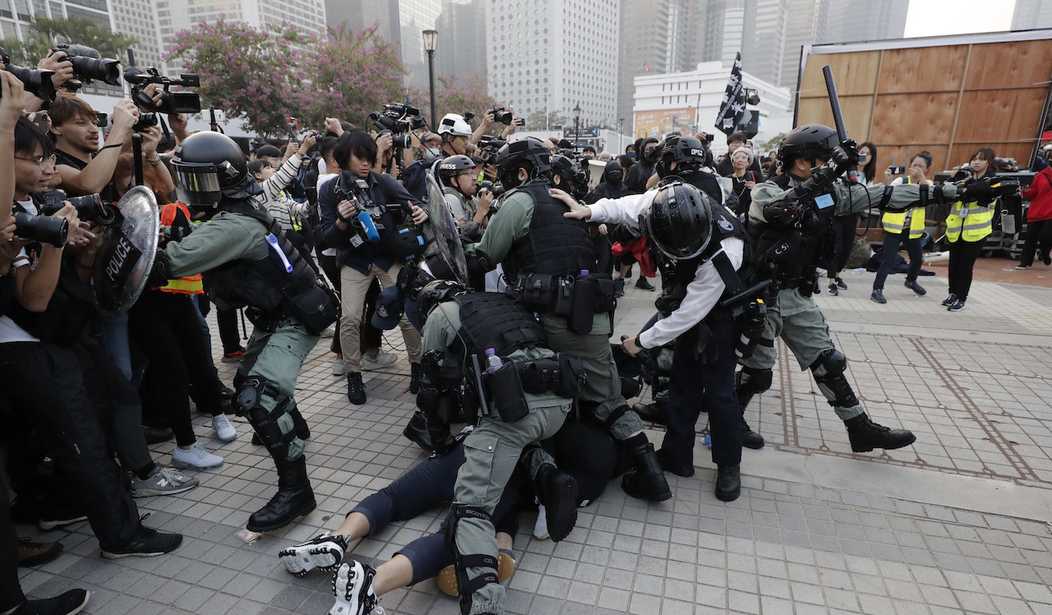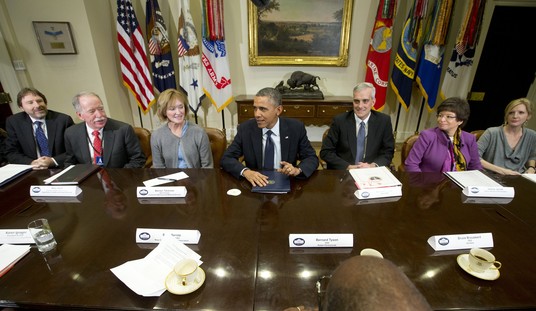China’s crackdown on democracy organizations in Hong Kong keeps growing by the day after the HK government froze the assets of media tycoon Jimmy Lai. The 73-year-old has been behind bars for months following his arrest last year on claims he colluded with a foreign government or “external elements” looking to put national security at risk. He’s also serving a 14-month sentence for involvement in a pair of 2019 peaceful protests.
The decision on Lai’s money appears connected with last December’s arrest with the government suggesting Lai might attempt to move his cash out of the country. Taiwan is best guess since Lai’s Apple Daily previously published in the country until Friday. Apple Daily cited declining revenue and political pressure in HK for its Taiwan closure and canceled it shortly before HK announced Lai’s assets were frozen.
More moves against Apple Daily and Lai appear imminent based on statements by National Committee of the Chinese People’s Political Consultative Conference Vice Chair CY Leung. The former HK Chief Executive took to Facebook suggesting Apple Daily might forcibly shut down this summer or see its building seized by the government (if Facebook’s translation service is worth anything). He also suggested the market will suspend trading of Lai-controlled Next Digital Media.
It’s a pretty ballsy move by Beijing since it’s the first time HK’s used the national security law to freeze someone’s assets, especially on a target this big. Lai’s Apple Daily helped lead the pro-democracy charge with smaller outlets like Hong Kong Free Press contributing. Even Hong Kong’s government-funded RTHK covered the democracy protests with more of a sympathetic eye than say China Daily.
What’s interesting is the response from HK-based news outlets.
South China Morning Post trod lightly on the story publishing pro-free press comments particularly from Chinese University lecturer Grace Leung Lai-kuen suggesting there is “no longer freedom from fear like we used to be familiar with.” A mostly pro-Beijing commenter claimed other outlets had nothing to worry about but noted “the central government has made it clear they want to make things right and suppress activities that could harm national security and the stability of society.” Chinese Association of Hong Kong and Macau Studies Lau Siu-kai also claimed it was more of an “anti-China” move than one targeting outlets unfriendly towards the HK government. Tell that to Lai, though.
RTHK, owned by the Hong Kong government, published a Reuters piece featuring a warning from Taiwan on Lai’s asset freezing criticizing the move. Hong Kong Free Press published AFP’s version of the warning suggesting the moves against Lai meant it would become more difficult to conduct business in Hong Kong.
The ardently pro-Chinese places remained mostly mum. China Daily and Xinhua featured nothing on Lai despite reporting on his sentencing in April. CCTV stayed quiet online although Apple Daily reported the station aired an editorial calling for the eradication of Lai’s assets because of their effect on young Hongkongers. Can’t have the youths out on the streets calling for democracy and representative-government.
Similar moves against pro-democracy outlets seem on the horizon as China tries to strengthen its hold on Hong Kong with no freedom in sight. Lai may end up spending the rest of his life in prison should he end up convicted. It’s possible he’ll suffer some sort of unfortunate death in prison attributed to his age.
There’s not much the West can do in regards to Lai outside of negotiating or lobbying for his release. Sanctions don’t work, nor do enhanced tariffs. Great Britain will have to take lead on this given its former relationship with Hong Kong as a colony and the fact China is still operating under the Sino-British Joint Declaration. Where it leads now isn’t known but likely involves the further killing of freedom in Hong Kong.








Join the conversation as a VIP Member